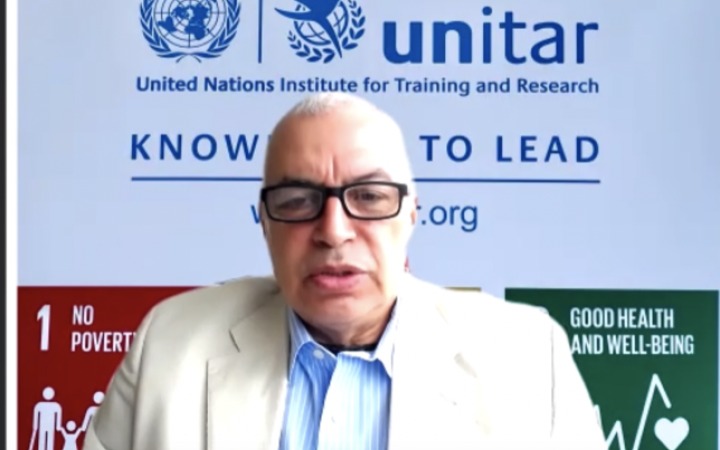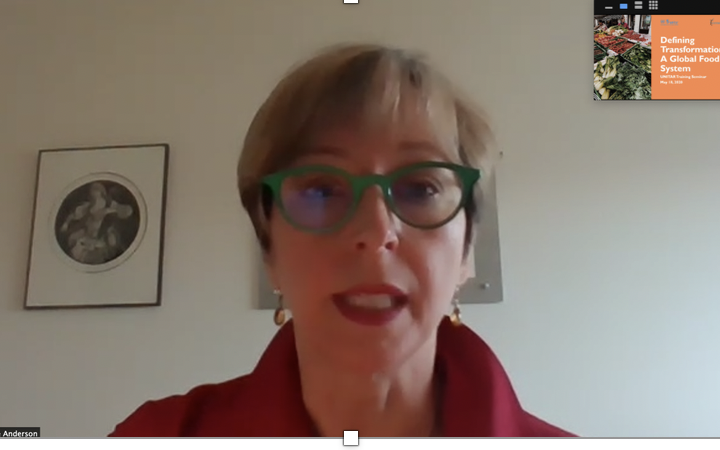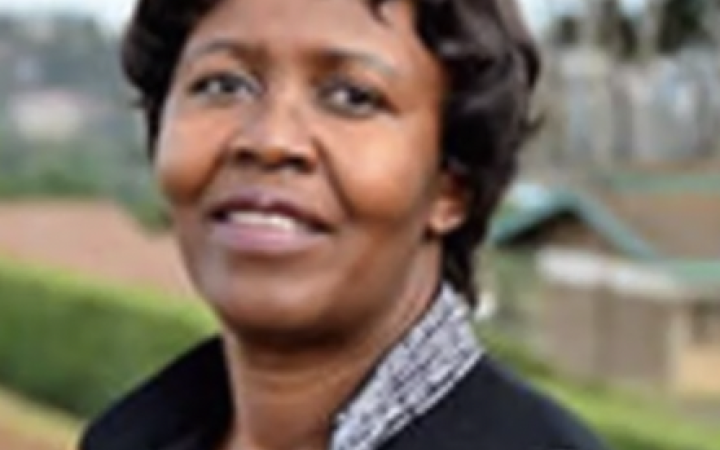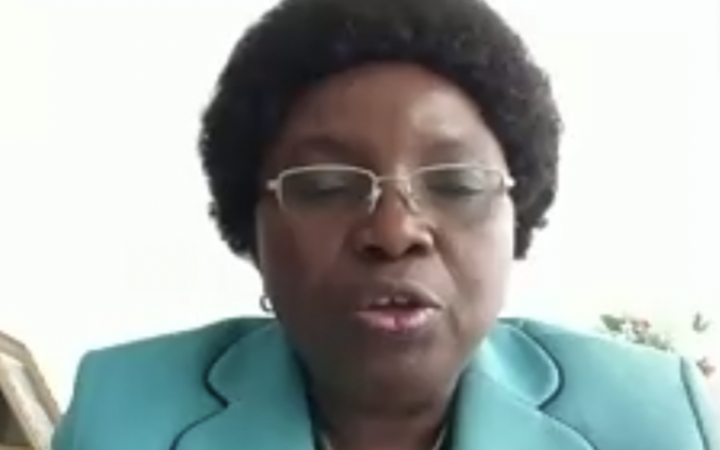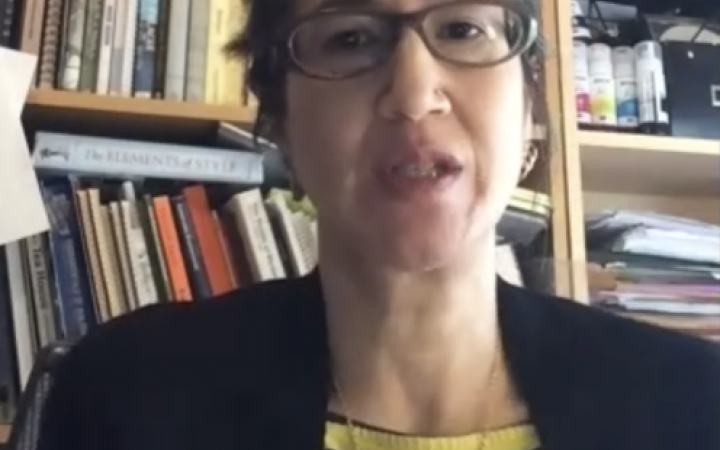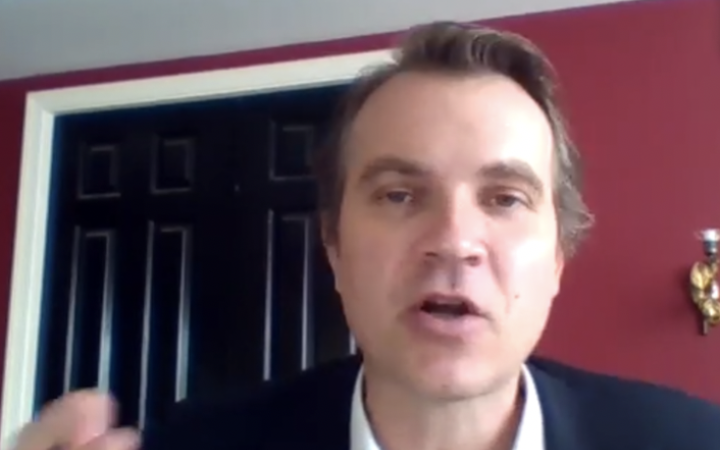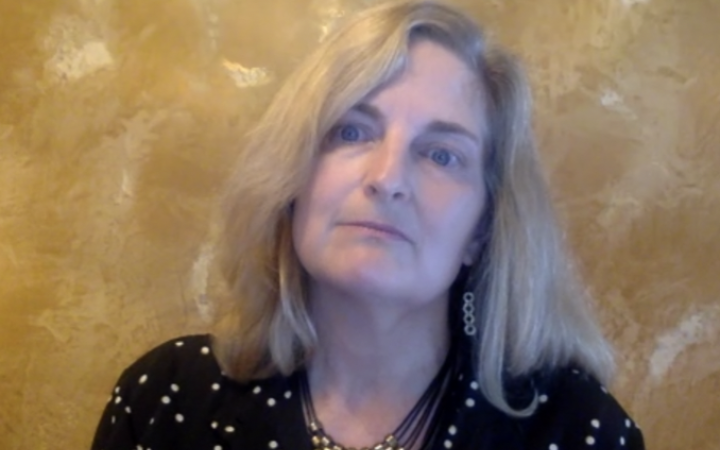18 May 2020, New York, USA, Zoom Workshop - The United Nations Institute for Training and Research (UNITAR), in collaboration with Emerging Ag, hosted a workshop entitled Defining Transformation: A Global Food System. This is the first event of six in the Food Systems Series leading up to the 2021 UN Food Systems Summit. This activity is supported with funding allocated from the Swedish International Development Agency’s (SIDA) contribution to the UNITAR Strategic Framework Fund, under the programme Leveling The Playing Field which focuses on the development of skills and knowledge of Least Developing Countries. The course was attended by 115 participants from around the world that joined remotely through Zoom. The course is aligned and in preparation for the UN Secretary-General Food Systems Summit which will aim of maximizing the co-benefits of a food systems approach across the entire 2030 Agenda and meet the challenges of climate change. The Summit will seek to inspire global public mobilization and actionable commitments to invest in diverse ways to make food systems inclusive, climate adapted and resilient, and supportive of sustainable peace.
Ms. Robynne Anderson, President of Emerging Ag, opened the workshop with a video introducing the global food system before turning over to Mr. Marco Suazo, UNITAR New York’s Head of Office, who delivered the opening remarks and welcomed participants. A virtual poll was then conducted, with participants answering questions ranging from the importance of urban and rural agriculture to the significance of protecting the planet while producing food.
Ms. Anderson then introduced the workshop’s first speaker, Mr. Zachary Bleicher, Food and Nutrition Advisor at the Executive Office of the Secretary-General. Mr. Bleicher spoke about the interconnectivity of the Sustainable Development Goals (SDGs) and the importance of food security to all 17 SDGs. He also touched on the significance of raising awareness of the global food system in order to transform it into one more sustainable and inclusive.
Next to speak was Ms. Lindiwe Sibanda, Co-Chair at the Global Alliance for Climate-Smart Agriculture. Speaking from her farm in Zimbabwe, Ms. Sibanda spoke on the importance of availability, accessibility, stability, and effective utilization of food. She acknowledged that 1 in 5 people in Africa are hungry, and that transformation of the food system is necessary to combat this. Ms. Sibanda also highlighted the need to recalibrate economic, social, and environmental metrics to accomplish this.
Ms. Anna Lartey, Director of the Nutrition and Food Systems Division at the Food and Agriculture Organization at the UN, spoke next from Rome about how our current food system is failing us. Ms. Lartey provided statistics on the contribution of poor diet to the global burden of disease, demonstrating the negative impacts of both malnourishment and obesity. She touched on the need for the world to double its consumption of fruit and vegetables, as well as the need for the transformation of the system to be able to produce this.
Next was Mr. Craig Hanson, Vice President of Food, Forests, Water, and Ocean at the World Resources Institute. Mr. Hanson delivered remarks on the necessity of supporting nature through the transformation of the global food system. He emphasized that we must make the most of what is already produced, support sustainable production of food, and conserve the natural existence while boosting productivity.
Ms. Natasha Hayward, the Program Head at the Global Agriculture and Food Security Program, was next to speak. Ms. Hayward spoke about the importance of resilient livelihoods and social protections in agriculture. Touching on the current COVID-19 pandemic, she highlighted that there have been significant losses in agricultural livelihoods and this threatens to catapult the world into a food crisis. Ms. Hayward spoke about the need to strengthen immediate responses, community structures, and resilience to prevent this.COVID will impact on the food system in the future and Ms. Hayward also outlined the steps taken to make it better in waste management, production and delivery of good
Last to speak was Mr. Rick White, CEO of the Canadian Canola Growers Association. Mr. White spoke about investments and finance for food systems and the role this will play in transforming the system. He emphasized specifically that investments in technology are necessary for this transformation, as is the promotion of youth in agriculture programs. Mr. White also stressed the need for financial support for farmers to strengthen agricultural economies.
The workshop then hosted a Q&A, moderated by Christine Negra, Special Advisor at the UN Foundation. Questions were asked ranging from strategies for ensuring continuous access to food to how hydroponics could assist in the transformation of the food system. Ms. Robynne Anderson then led the participants through a quiz on global food insecurity. She also led an interactive segment where participants worked together to place the components of the global food system in the correct order.
A closing poll was conducted on what topics the participants wanted to be acknowledged throughout the Food Systems Series. Closing remarks were then made by Ms. Anderson and Mr. Marco Suazo, and the panelists thanked participants for attending the workshop. The next event in the Food Systems Series will be held virtually in July, entitled Coexisting: Agriculture and Biodiversity.


